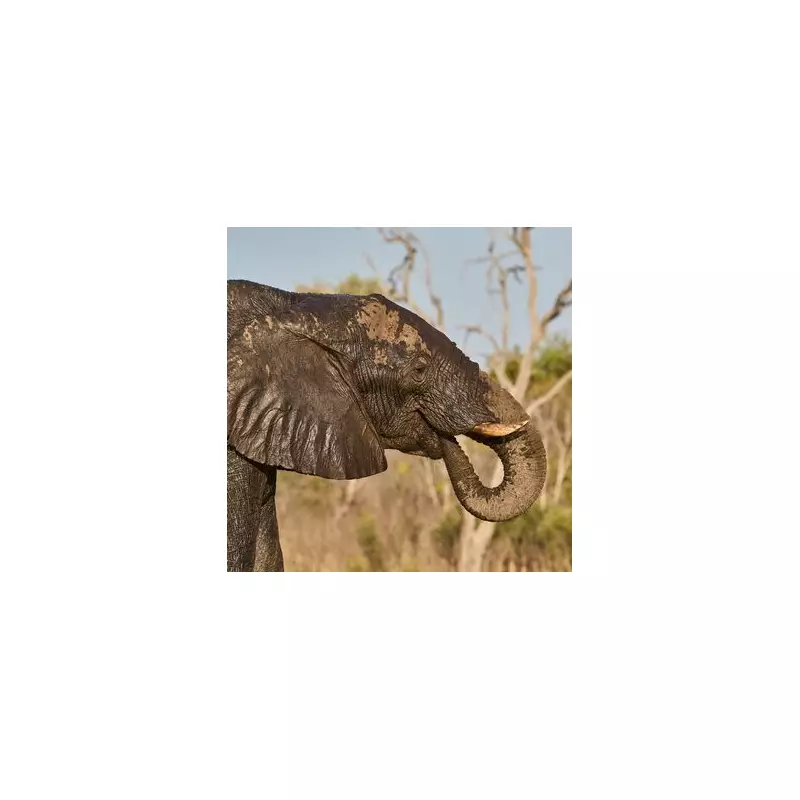
A heartwarming moment between a pregnant woman and an elephant has captivated millions online, but it has also triggered a serious conversation about animal welfare in captivity.
A 'Beautiful Connection' or a Cry for Help?
The incident, which took place at an ethical elephant sanctuary in Thailand, was shared on TikTok by the expectant mother. In the now-viral clip, an elephant named Po is seen gently circling her trunk around the woman's baby bump while they are in the water together.
The woman described the encounter as a 'genuine connection between two mothers,' suggesting that the elephant's incredible sense of smell allowed it to detect her pregnancy. She emphasised that the sanctuary they visited did not offer performances or riding, aiming to protect the elephants from exploitation.
Viewers Voice Concerns Over Zoochosis
Despite the seemingly tender moment, the video, which amassed over 7 million likes and 11,100 comments, was met with concern from many viewers. A significant number of comments pointed to the behaviour as a potential sign of zoochosis.
One user directly warned, 'This is dangerous,' while another explained they had learned about the condition from the comments section. Zoochosis is a psychological condition affecting wild animals in captivity, leading to repetitive, compulsive behaviours not typically seen in the wild.
These stress-induced behaviours can include:
- Pacing and circling
- Swaying and head-bobbing
- Self-mutilation and bar-biting
The Reality of Life in a Sanctuary
While the elephant in question resides in a sanctuary, which aims to provide a life 'free from the public eye and pressures of performance,' the animal can still exhibit zoochosis. This is particularly true if the condition developed during prior confinement in a more stressful environment like a zoo or circus.
This case highlights the complex reality of animal sanctuaries and serves as a crucial reminder that elephants, despite their gentle appearance in this instance, remain wild animals that should be treated with respect and caution. The online debate underscores a growing public awareness of the subtle signs of animal distress.





